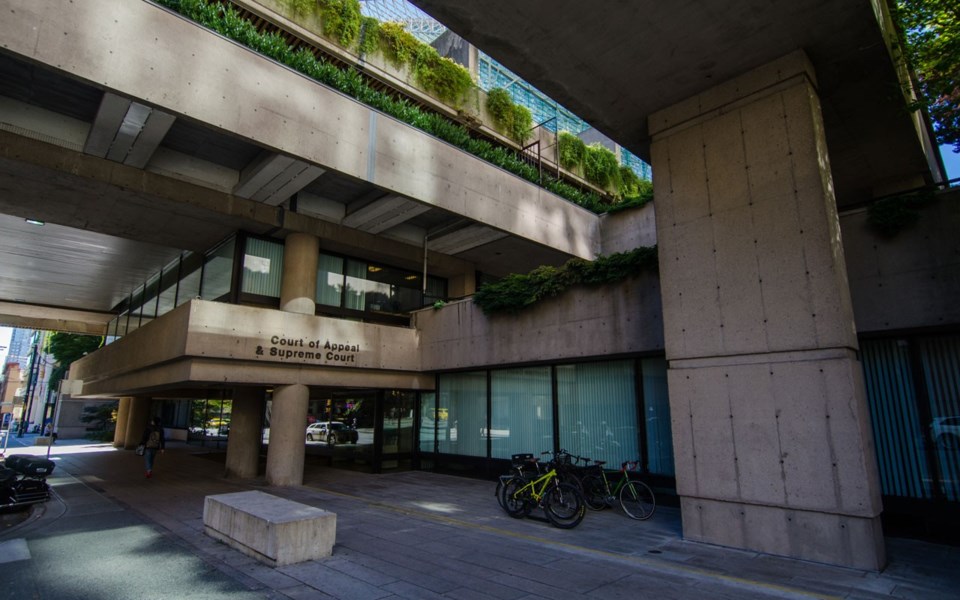The Resort Municipality of Whistler (RMOW)'s decision to adopt bylaws concerning tourist accommodations was "reasonable" and within its authority, according to a Supreme Court of BC judge's ruling.
The judgment from Justice Diane MacDonald was filed in the Supreme Court of B.C. on May 14.
"The RMOW is pleased that the judge upheld our bylaws and covenants," said Mayor Jack Crompton.
"The ruling recognizes Whistler's planning and land use was thoughtfully laid out from the beginning, and recognizes the need to have zoning that provides both residential and tourist accommodation, as well as bylaws that are responsive to changes in tourist accommodation marketing to help ensure that overnight visitors have positive experiences in Whistler."
The bylaws in question were introduced in relation to the RMOW's Tourist Accommodation Review conducted in 2016 and 2017.
According to the RMOW, they were meant to address the new trend of online nightly rentals, and reinforce the requirement that all nightly rentals in stratas operate under a single, front-desk booking system (which caused a small uproar from owners in the Alpenglow Lodge, in particular. See Pique, June 1, 2017).
But in a petition to the Supreme Court, two owners argued the RMOW doesn't have the authority to compel individual strata lot owners to participate in a rental pool arrangement.
Through their companies, the petitioners, Brent Lokash and Marla Coleman, began to purchase strata units in Whistler's Cascade Lodge in May 2017, according to the judgment.
"Two of these strata rental units were purchased prior to the enactment of the bylaws. The petitioners intended to use the strata units for the purpose of tourist rentals through self-management," states the judgment, adding that the petitioners owned 19 units in the lodge as of May 2019.
ResortQuest, listed as a respondent on the petition along with the RMOW, was managing the units prior to their purchase.
But when the petitioners acquired their new units, they were denied access by ResortQuest, which told them they had to sign a rental-management agreement.
The petitioners declined, and a notice of civil claim was filed against ResortQuest on June 23, 2017, claiming the company was unlawfully occupying the unit and denying access, and seeking relief.
With that matter still before the courts—and an appeal of Justice Macdonald's ruling not out of the question—Lokash and Coleman declined to comment.
The petitioners received approval from the Cascade Lodge Strata Council to change the locks on their units on July 11, 2017, and began advertising and renting their units outside of the rental pool, prompting the RMOW to issue them a cease and desist letter on August 8, 2017.
In her conclusion, MacDonald stated that Whistler had the authority to adopt the bylaws.
"Whistler's decision to adopt the bylaws was reasonable," she wrote.
"They are not vague or uncertain and they do not impermissibly regulate land, or users rather than use."
Further, the RMOW's "decision to allow strata unit owners, through a 3/4 vote, to appoint or replace the rental pool manager is reasonable," MacDonald wrote, and its 2018 renewal of ResortQuest's business licence at Cascade Lodge "was a reasonable interpretation of the Tourist Accommodation Bylaw."




